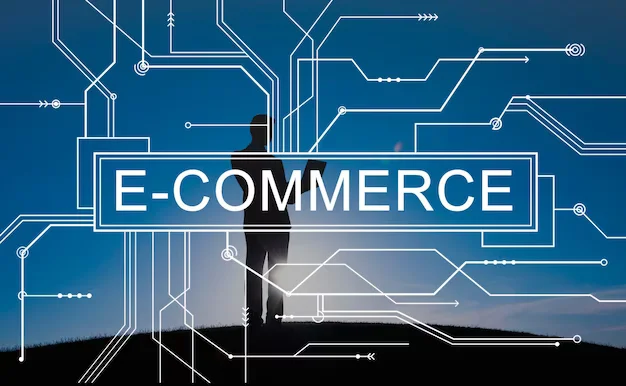In the digital age, establishing an online presence for your business is not just a choice; it’s a strategic imperative. As you set sail into the world of e-commerce, selecting the right platform becomes a crucial decision. This step-by-step guide will illuminate the considerations, from understanding what an e-commerce platform is to finding the best fit for beginners and B2B enterprises.
1. What is an E-commerce Platform? Unlocking the Basics
Before embarking on the journey of selecting an e-commerce platform, it’s essential to understand the fundamentals. An e-commerce platform is a software application that enables businesses to create and manage their online stores. These platforms provide tools for product listing, payment processing, order management, and more.
Key Elements:
- Storefront Design: Customizable templates and themes for creating an appealing online store.
- Payment Processing: Integration with payment gateways to facilitate secure transactions.
- Inventory Management: Tools to manage product listings, stock levels, and order fulfillment.
- Security Features: Ensuring the safety of customer data and online transactions.
2. Identifying Your Business Needs: A Prerequisite for Platform Selection
The first step in choosing the right e-commerce platform is a comprehensive assessment of your business needs. Consider factors such as the nature of your products or services, target audience, scalability requirements, and the level of customization you desire.
Key Considerations:
- Product Type: Whether physical goods, digital products, or services.
- Target Audience: B2B or B2C, with considerations for buyer behaviors.
- Scalability: Future growth plans and the ability of the platform to scale with your business.
- Budget Constraints: Balancing features with affordability.
3. Understanding B2B E-commerce Platform Requirements
For businesses engaged in B2B transactions, the e-commerce platform requirements differ from those in B2C. B2B platforms should cater to features like bulk order processing, customer-specific pricing, and complex inventory management.
Key B2B Features:
- Bulk Ordering: Capability to process large orders efficiently.
- Negotiated Pricing: Customized pricing for specific B2B clients.
- Multi-tiered Access: Access control levels for different user roles within client organizations.
- Integration Capabilities: Seamless integration with ERP and CRM systems.
4. Exploring the Best E-commerce Platforms for Beginners
For beginners venturing into the e-commerce landscape, user-friendliness and ease of setup are paramount. The market offers several platforms designed with beginners in mind, providing intuitive interfaces and comprehensive support.
Top Choices for Beginners:
- Shopify: Known for its simplicity and a vast library of templates.
- Wix: Drag-and-drop functionality for easy customization.
- Big Commerce: Scalable and user-friendly with robust e-commerce features.
- Squarespace: An all-in-one platform with an emphasis on design and simplicity.
5. Balancing Features and Budget: A Delicate Equation
While the allure of feature-rich platforms is strong, it’s essential to strike a balance between functionality and budget constraints. Assess the features offered by each platform in relation to your specific business requirements. Some platforms may provide advanced features that might not be necessary for a smaller business.
Budgetary Considerations:
- Monthly Subscription Costs: Evaluate subscription plans offered by different platforms.
- Transaction Fees: Some platforms charge transaction fees on top of payment processing fees.
- Scalability Costs: Anticipate potential costs associated with scaling your business.
Conclusion: Setting Sail with Confidence
Choosing the right e-commerce platform is a pivotal decision that can influence the trajectory of your online business. By understanding the basics, aligning with your business needs, exploring B2B requirements if applicable, considering beginner-friendly options, and balancing features with budget constraints, you can set sail into the e-commerce seas with confidence. As the digital landscape evolves, selecting a platform that grows with your business ensures a smooth and prosperous journey in the ever-expanding world of online commerce.


